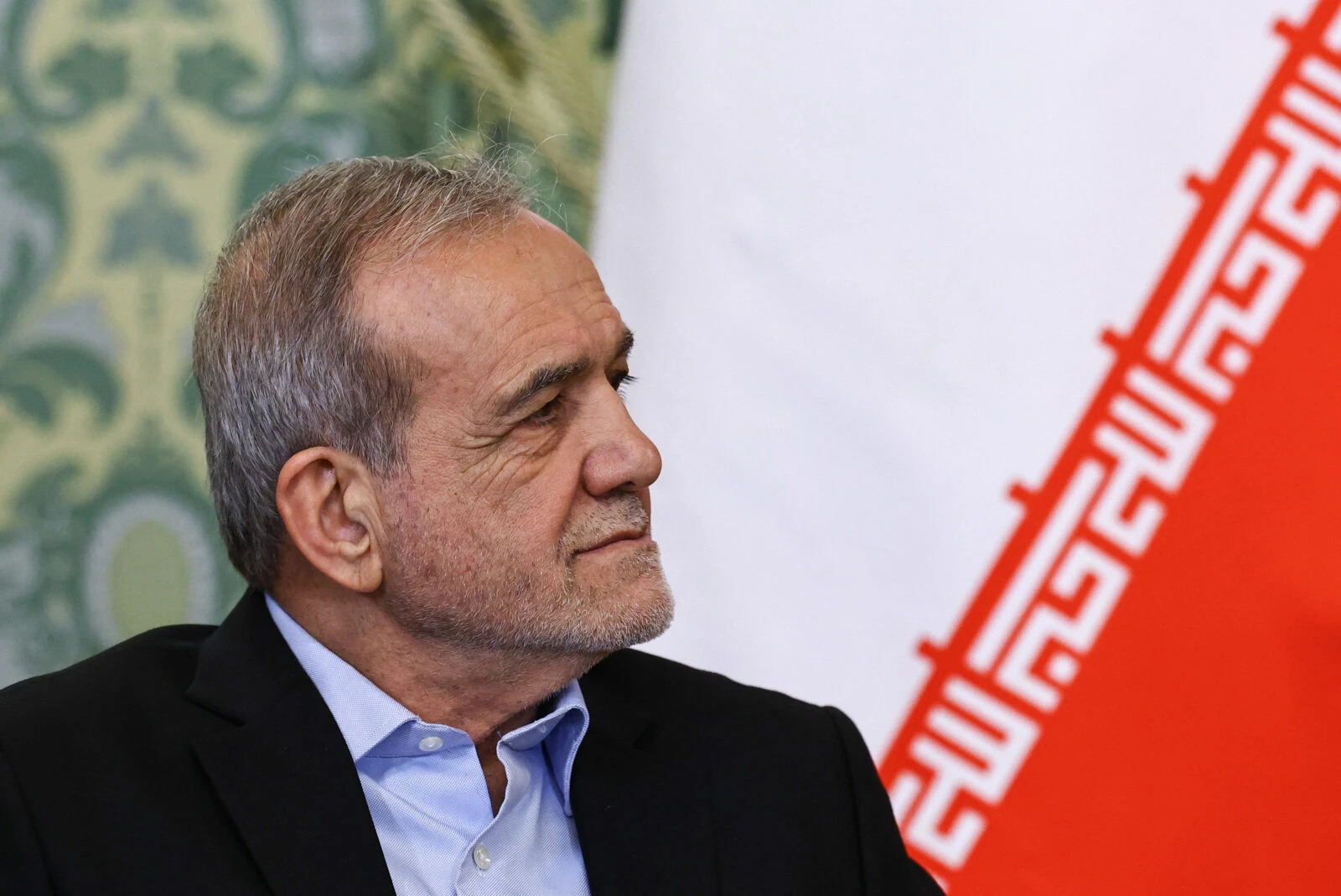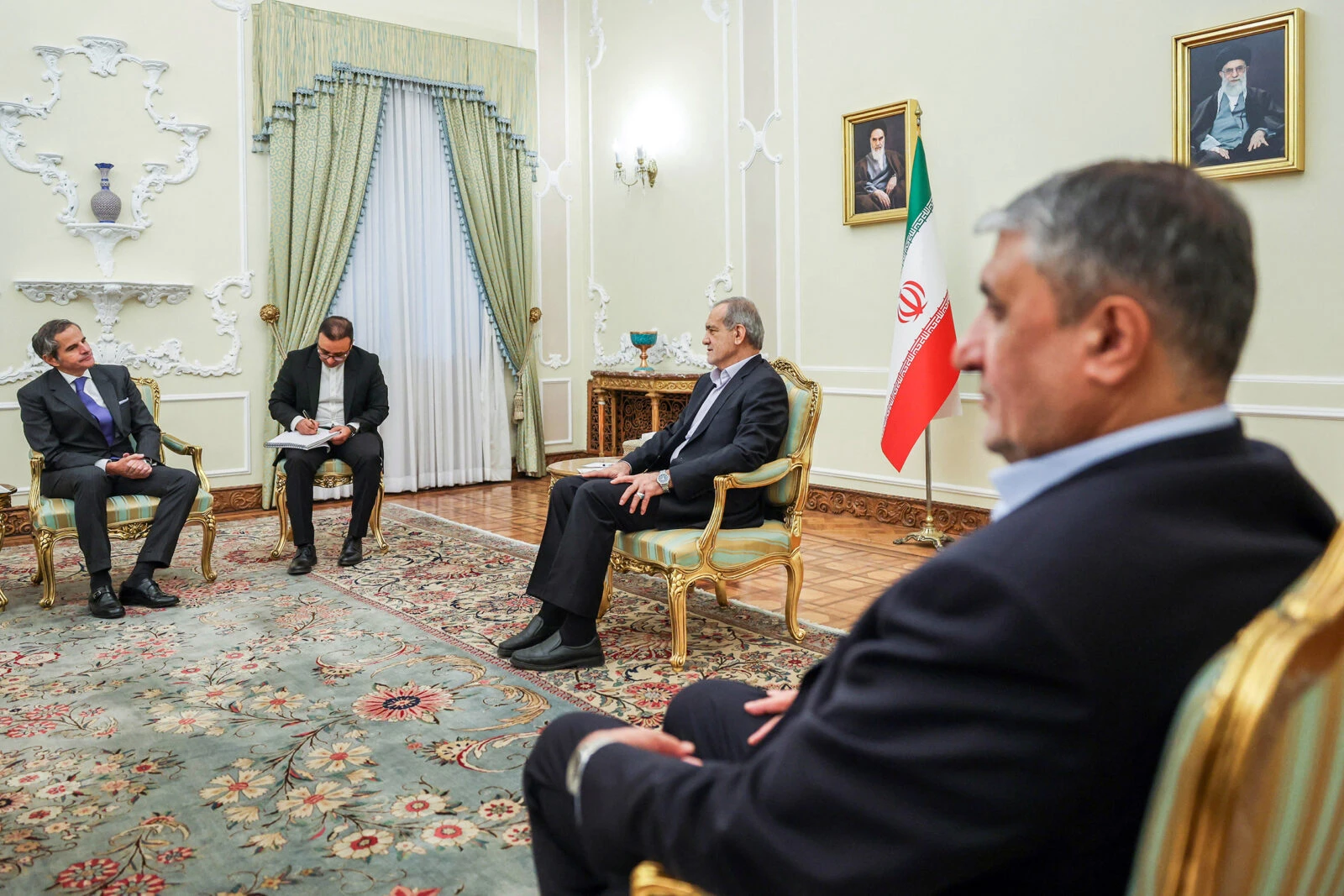Trump threatens Iran with bombing if nuclear deal is not reached
 U.S. Air Force's F-35 fifth-generation fighter aircraft prepares to take-off during Aero India 2025, a military aviation exhibition at the Yelahanka Air Force Station in Bengaluru on February 12, 2025 (AFP Photo)
U.S. Air Force's F-35 fifth-generation fighter aircraft prepares to take-off during Aero India 2025, a military aviation exhibition at the Yelahanka Air Force Station in Bengaluru on February 12, 2025 (AFP Photo)
U.S. President Donald Trump warned on Sunday that Iran could face bombing and economic penalties if it fails to reach a nuclear agreement with Washington.
In a telephone interview with NBC News, Trump said American and Iranian officials are “talking,” though he did not offer specifics.
“If they don’t make a deal,” Trump said, “there will be bombing. It will be bombing the likes of which they have never seen before.”
The president also said that, as an alternative to military action, he may reimpose what he called “secondary tariffs” similar to those implemented during his first term.
Iran rejects direct negotiations with US
In response, Iranian President Masoud Pezeshkian said that Tehran rejects direct negotiations with the United States. His statement came after Trump sent a letter to Iran’s Supreme Leader urging talks on a new nuclear deal.
According to Iranian Foreign Minister Abbas Araqchi, Iran replied through Oman, a country that has previously acted as an intermediary between the two nations.
Pezeshkian dismissed the idea of talks under threat, stating, “I will not negotiate with you because you are threatening. Do whatever you want.”
Earlier this month, Iran’s Supreme Leader Ali Khamenei also rejected direct negotiations, saying the U.S. only seeks to impose its will through pressure.

Background: Washington’s withdrawal from 2015 nuclear deal
During his 2017–2021 term, Trump withdrew the U.S. from the 2015 Joint Comprehensive Plan of Action (JCPOA), which had placed restrictions on Iran’s nuclear program in exchange for sanctions relief. He subsequently reinstated broad U.S. sanctions on Tehran.
Since the U.S. exit, Iran has significantly exceeded the limits set under the original agreement, accelerating its uranium enrichment activities.
Western nations claim Iran aims to develop nuclear weapons, while Tehran maintains that its nuclear program is solely for civilian energy purposes.

Indirect talks through Gulf intermediaries
Although Tehran has publicly ruled out direct talks, international media report that Iran may be open to indirect negotiations via the United Arab Emirates. The two countries have previously engaged in backchannel communications through Oman.



